Psycho-educational assessments, conducted by registered psychologists, aims to better understand a child’s strengths and weaknesses. This understanding allows for better support of overall engagement, learning and development. Through a combination of background interviews with caregivers and school teachers, classroom observation, cognitive and intellectual testing, and academic assessment with the child, our assessment is the first step in understanding our clients’ needs and helping them receive appropriate support.
Clinic Services
Clinical Services
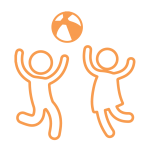
Our experienced psychologist and speech-language therapists conduct developmental screening to evaluate a child’s strengths and weaknesses, especially concerning his or her early development. We provide an overall evaluation of the child’s development in the areas of: speech and language skills, self-help skills, fine and gross motor function, and play and social interactions. The insights gained from these screenings set the stage for early intervention. Early intervention is a method to help ensure the best outcomes possible for young children from birth to preschool age by helping them acquire essential functional skills before they enter formal schooling.
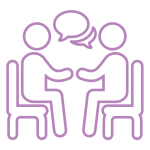
Children benefit from speech therapy services as these sessions help them understand and follow instructions, express ideas in sentences of age-appropriate length, enhance overall speech intelligibility, and support interaction with peers in various contexts. Our registered speech-language therapists provide children and their parents with useful advice and training on specific, effective strategies. As parents utilize these strategies in daily life with their children, their children generalize the skills learned in therapy to their real-world situations. By working together, we ensure our students have a winning team of support on their side.

Occupational therapy aims to help children develop an array of skills to play, to improve school performance and aid daily activities. If a child needs support to develop optimally or if children with developmental delays or a known physical or mental challenge, occupational therapy can help improve their daily functional activities. Often, therapy focuses on one or more of the areas below:
- Sensory processing skills to help children receive and interpret sensations from their environment (vision, hearing, touch, smell, taste, movement and muscles and joints). They can help children improve their motor skills, attention skills, arousal level and social skills.
- Gross motor skills which develop through using large muscles for postural control, strength, balance, agility, coordination and motor planning. These skills are needed in activities such as basketball, tennis and cycling. Gross motor skills are also important in providing a stable-base when performing many academic-related activities.
- Fine motor skills such as writing, using scissors, and manipulating and holding small items by improving smaller muscles in the hands and fingers. These skills are essential for their school work.
- Self-care skills such as eating, toileting, dressing, sleeping and grooming. These skills are the most basic elements to help build their independence, confidence and self-esteem.
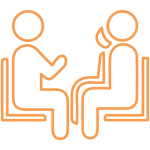
Student counseling sessions promote overall well-being of children during the critical period of developmental process. Through a series of private discussions and role-plays using real situations, children build healthy thinking habits to make sense out of complex social and emotional experiences from school and home.
Through individually tailored treatments, children are empowered with valuable lifelong skills, including, but not limited to:
- Gaining self-awareness of their cognitive behavioral patterns
- Learning heathy vs unhealthy coping strategies
- Understanding how to manage stress
- Managing emotions of self and others
- Attaining problem solving skills
- Engaging in assertive communication strategies
- Building positive self-concept
- Knowing their strengths and how to use them for self and others
- Knowing their weakness and how to supplement them
- Knowing how to maintain harmony with others
- Balancing the needs of self and others
- Harnessing both self-discipline and self-compassion
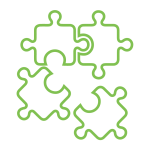
Our literacy specialists provide reading and writing support to students with specific learning needs. Our experienced specialists have years of experience working with students with dyslexia, dysgraphia, and spelling challenges. Using an approach of read, write, and think, our specialists help children become better readers and writers by becoming deeper thinkers.
For younger students, we help them to
- secures letter knowledge
- improves reading, spelling and handwriting skills
- fosters automaticity by emphasizing on memory work and speed of retrieval
- ensures a good foundation for understanding literacy concepts e.g. suffixing, spelling rules, syllable division etc.
- develops strategies to increase the capacity for storing information in working memory in order to support classroom activities
- develops comprehension, higher order literacy skills and study skills e.g. scanning, note-making etc.
For older students, we help them to
- Develop use of vocabulary, grammar, understanding of different writing genres
- Conduct research and to express ideas clearly in different academic formats including narrative and argumentative writings
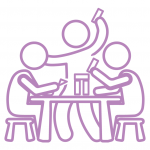
Pre-schoolers to adolescents benefit from ChildPsy’s range of therapy groups. Social skills and attention, emotional regulation, stress management, and reading and writing are the focus of just a few of the groups offered.
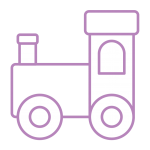
In a fun and safe environment created by our play therapists, children feel comfortable to express their individual thoughts and feelings freely. The unique relationship built with the play therapist is one of trust. With this type of trust established, children who are struggling with behavioral, emotional, or attachment difficulties develop their own resilience and inner strength. Play therapy promotes cognitive, emotional, and social development and in the end empowers children to overcome their difficulties, releasing their own power for self-healing.
© Copyright 2022 ChildPsy Assessment & Learning
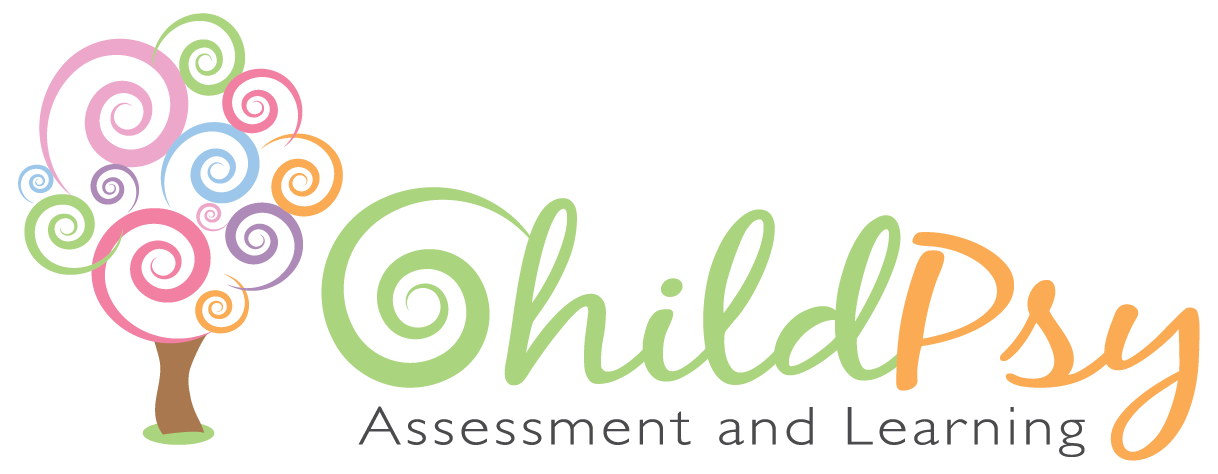
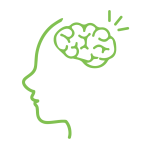
Social Skills Training
Our social skills programs aim to help facilitate children’s interaction and communication in group settings, where social rules and relations are created, communicated and adjusted. We offer social skills support for children from kindergarten to secondary school-age students.
The groups are designed to facilitate social participation and engagement of children with their peers. Children who will benefit from social skills support and training, often: